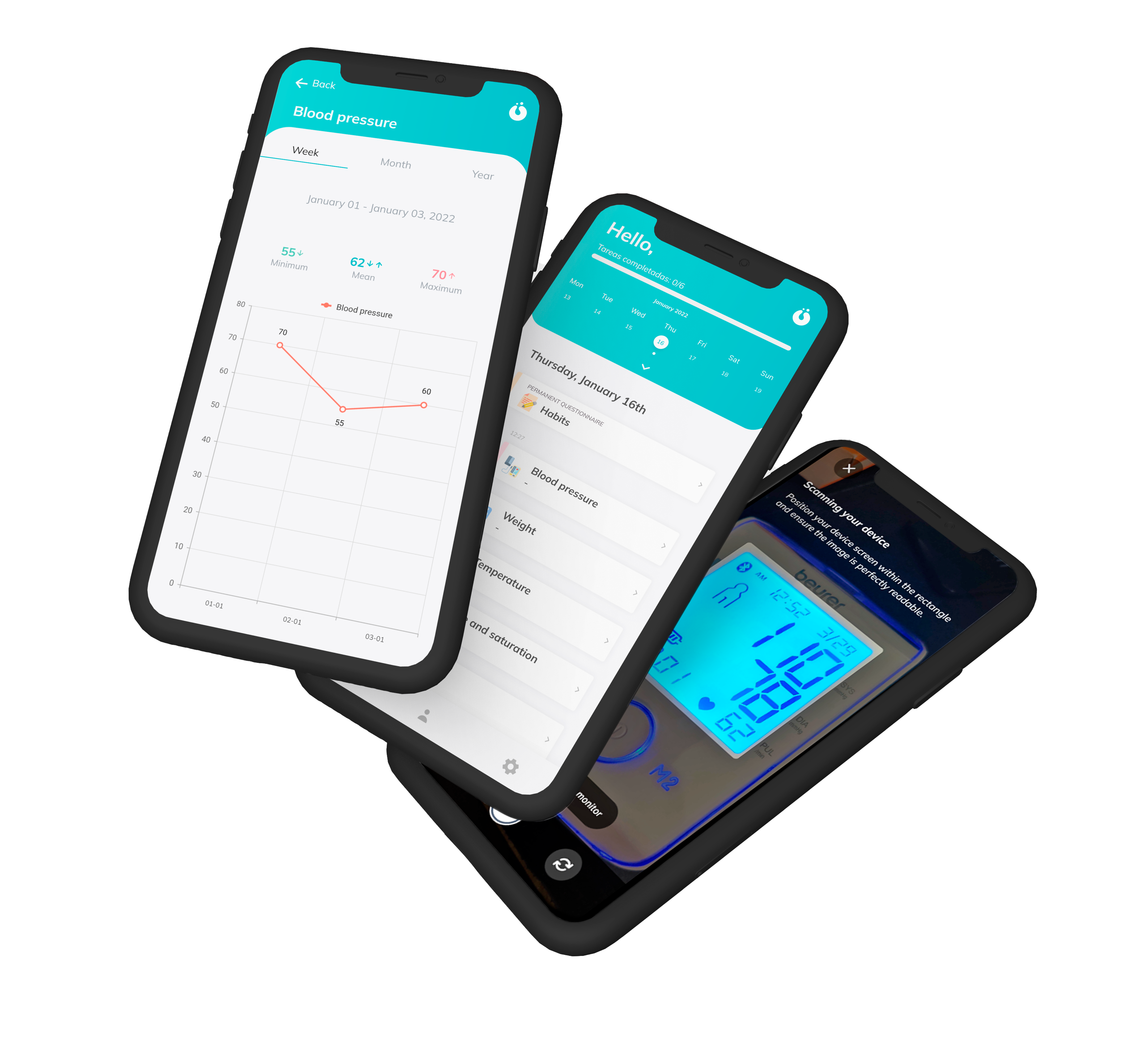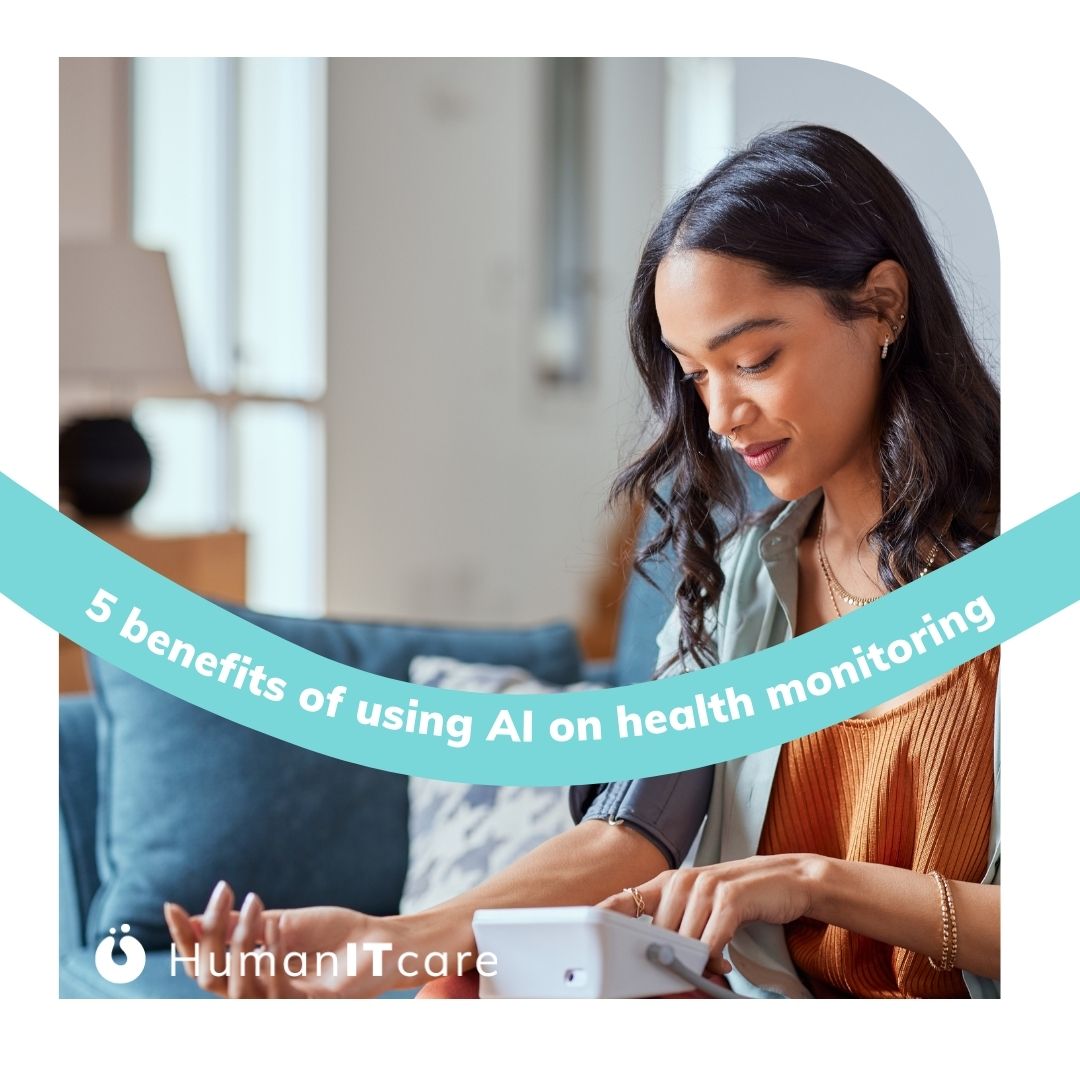Early detection and continuous monitoring of these diseases play a crucial role in preventing serious health complications. Research has shown that effective health monitoring can have a significant impact on the management and control of chronic diseases.
Undoubtedly, remote patient monitoring, when accompanied by meticulously processed high-quality data, signifies a transformative shift in how healthcare professionals and individuals engage with their health. This is especially noteworthy as these technological advancements have demonstrated their pivotal role in expediting and broadening the scope of recovery from chronic illnesses. Notably, oncological treatments and prevalent chronic conditions such as diabetes, heart diseases, respiratory disorders, and hypertension stand out as leading contributors to global disability and mortality rates
For instance, regular monitoring of blood glucose levels in people with diabetes can help maintain optimal blood sugar levels, reducing the risk of complications such as neuropathy, kidney failure, and cardiovascular diseases. Similarly, continuous monitoring of blood pressure can aid in early detection and management of hypertension, preventing strokes, heart attacks, and other serious health issues. Noteworthy results from these technologies include reductions of up to 40% in readmissions and over 33% in urgent care consultations, as demonstrated by humanITcare with some healthcare providers. This approach is especially beneficial for managing chronic diseases, where continuous monitoring can lead to better disease control and improved patient outcomes.
The increasing use of technology in healthcare is transforming how chronic diseases are handled. The integration of wearable technology and telemonitoring enables real-time monitoring of vital health parameters. These technologies not only provide valuable data for patients and healthcare professionals but also for healthcare providers, allowing real-time, preventive, and informed decision-making, as well as personalized treatment plans. Smart medical devices or wearables can track various health metrics, such as heart rate, activity levels, and sleep patterns, offering a comprehensive insight into a person’s health status.
Moreover, technology-driven health monitoring systems, such as telemedicine platforms and mobile health apps, have made healthcare more accessible. Patients in remote or underserved areas can receive timely medical advice and monitoring without the need for physical visits to the hospital. This not only increases the efficiency of healthcare delivery but also reduces the overall burden on healthcare systems.
Therefore, the role of health monitoring in managing chronic diseases is invaluable. It empowers individuals to take proactive steps in managing their health, assists healthcare providers in delivering personalized care, and ultimately contributes to a healthier society. The integration of wearable technology in health monitoring has benefited not only individual users but also healthcare providers. It facilitates remote monitoring of patients, reducing the need for frequent hospital visits and enabling early detection of potential health issues.
How are we contributing to this process?
HumanITcare plays a significant role in the connected health ecosystem. The interoperable platform designed for secure and easy remote patient monitoring seamlessly integrates with over 500 devices. Additionally, if the connectivity system is not preferred, there’s an easy alternative: take a photo and scan your results. HumanITcare utilizes artificial intelligence and machine learning to provide real-time information about patients’ health status. It offers various functions, including monitoring vital signs such as heart rate, oxygen saturation, and blood pressure, as well as tracking the body mass index (BMI) via photos. The smart alarm feature ensures timely alerts in case of significant health changes.

Here are 5 benefits of how AI can be applied to patient health monitoring
- 1) Enhanced Patient Monitoring: By leveraging medical devices or wearables, the HumanITcare API enables continuous health monitoring, allowing timely detection and intervention in health issues. Prevention and accuracy are what AI models can offer as value to healthcare providers.
- 2) Early Disease Detection: AI analysis of health data can predict potential health risks, facilitating early detection and prevention of diseases.
- 3) Personalized Healthcare:Artificial intelligence provides personalized information based on individual health data, enabling more personalized and effective healthcare strategies.
- 4) Improved Healthcare Efficiency: The integration of artificial intelligence and the HumanITcare API simplifies data analysis, leading to more efficient and informed clinical decisions.
- 5) Increased Patient Engagement and Capabilities within Healthcare Centers:Health monitoring applications encourage user engagement in their health, offering AI-driven feedback and recommendations, keeping users informed and proactive about their health. It also allows professionals to enhance their capabilities.
The HumanITcare API goes beyond individual patient care. It is a valuable tool for healthcare institutions, facilitating efficient patient management and data analysis. In home care settings, it provides peace of mind to caregivers and family members by offering continuous health monitoring. For academia, it serves as a resource for researching and studying patient health trends. In the pharmaceutical industry, HumanITcare can assist in monitoring the effectiveness of medications and treatments

